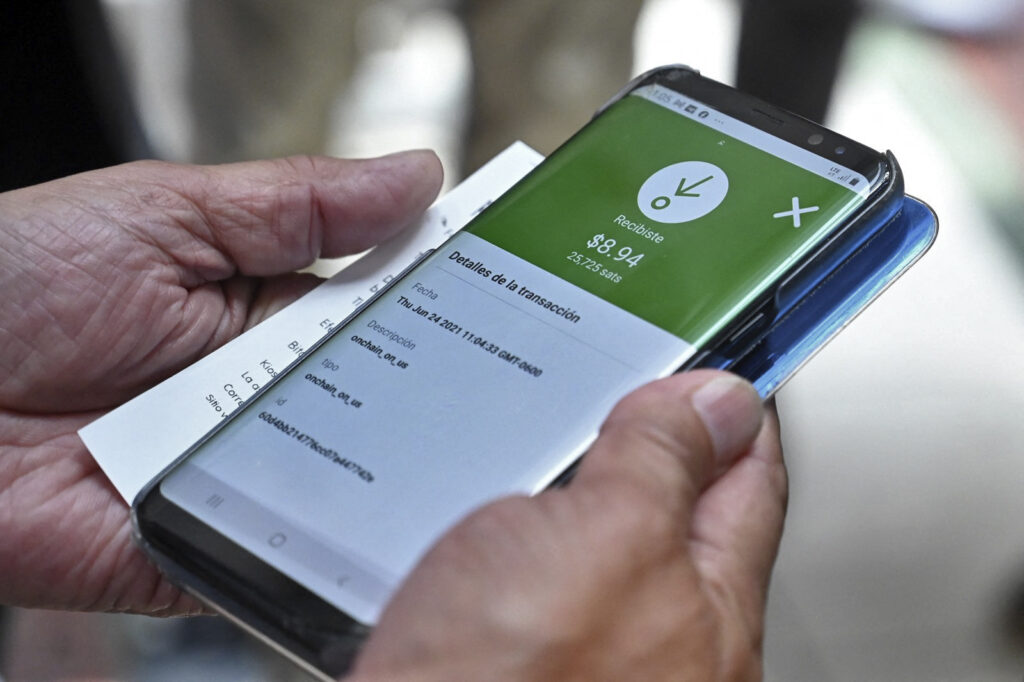What you don’t know about Social Security could cost you tens of thousands of dollars in retirement income, a new survey found.
“What is overlooked is just the very basic fundamentals, which are Social Security and retirement age,” Christian Worstell, content writer for HelpAdvisor.com and report author, told Yahoo Money.“There’s a lack of awareness around it.”
Six out of 10 seniors agree that the Social Security program is “difficult to understand and confusing,” while only 12% of seniors disagreed with the statement.That confusion could jeopardize their financial security in retirement.
The survey, which polled 1,000 Americans aged 55 and older, found that there are four common Social Security misconceptions shared by Americans.
When full benefits start (Photo: Getty Creative) Two in 3 Americans incorrectly believe that full Social Security benefits kick in at 65, which is off by as many as two years for some people.The actual qualifying age for full benefits is 66 for people born between 1943 and 1959 and 67 for those born after 1960.
“We’ve always associated age 65 as that magic age where we retire and we get Social Security and Medicare,” Worstell said.“We all just figure our grandparents retired at 65 and our parents retired at 65, so we’re going to, too.”
What people fail to realize is that it’s been 14 years since full benefits came with a 65th birthday and the eligibility age has slowly creeped up over the years.Many “could really be in for a rude awakening” if they thought age 65 was the finish line, Worstell said, and could prompt some to take benefits before they reach full retirement age.
But filing for early benefits means leaving money on the table.Take for instance a 65-year-old who starts collecting Social Security benefits this year, they would only receive 91% of their full retirement benefits amount, missing out on $1,667 in 2021 alone.
That means more than $25,000 in lost income if they live another 15 years and more than $50,000 in lost income if retirement lasts 20 years.
Story continues “[That’s] a grandchild’s college tuition, or the vacation of your life, or it could be medical bills,” Worstell said.
How much Social Security pays out after death of a spouse (Photo: Getty Creative) Many Americans have no idea that the Social Security Lump Sum Death Payment is a one-time payment of just $255.
Two in five survey respondents thought they would receive at least $500, with 1 in 6 banking on $5,000 or more.
The overestimation from seniors is “understandable,” Worstell said, considering the median cost of a funeral is more than $9,000 and many Americans assume the payout will come close to covering funeral arrangements.
That means some seniors don’t plan for end-of-life expenses through savings or insurance, and may need to turn to crowd-sourcing because they aren’t “adequately prepared for the cost of a funeral,” Worstell said.
When survivor benefits kick in (Photo: Getty Creative) One in 3 older seniors incorrectly believe that survivor benefits kick in the month their spouse’s death occurred rather than benefits the month when the survivor files with the Social Security Administration.
Delaying the application for survivor benefits by as little as one month can translate to a loss of nearly $4,000 — if receiving the max benefit— and more than $1,500 for the standard amount.There are also no retroactive payments, so every month post-death is another month of missed income.
What Social Security benefits include (Photo: Getty Creative) More than 1 out of 3 older adults mistakenly believe that Social Security benefits include health insurance coverage.
“We have it burned into our heads that Social Security and Medicare are one and the same,” Worstell said.“While there is a lot of cross-pollination between the two programs, they are separate programs; you have to enroll in Medicare and there’s not any actual health insurance coverage included in Social Security.”
Since the programs are separate, Social Security and Medicare enrollment isn’t a two-for-one application process.In fact, Medicare coverage comes with a specific enrollment window and seniors can incur ongoing late penalties for delayed enrollment.
Missing the enrollment window by just 12 months could cost a senior more than $350 per year, the findings showed, depending on their income, which would continue for the rest of their life and increase as Medicare Part B premiums rise.
Stephanie is a reporter for Yahoo Money @SJAsymkos .
Surge in national park visitors drives costs up and leads to reservation requirements
Retirement expert: Crypto investing ‘can make the 401(k) more engaging and relevant’
Here are the companies requiring employees to get vaccinated
‘What’s really important?’ Pandemic spurs quest for change for some workers
Retirement expert: Here’s a ‘neat thing you can do’ if you take Social Security early
Click here for more personal finance tips, guides and news
Follow Yahoo Finance on Twitter , Facebook , Instagram , Flipboard , SmartNews , LinkedIn , YouTube , and reddit ..
